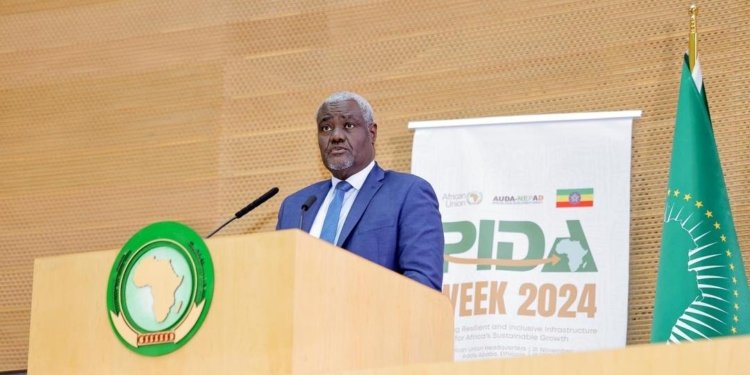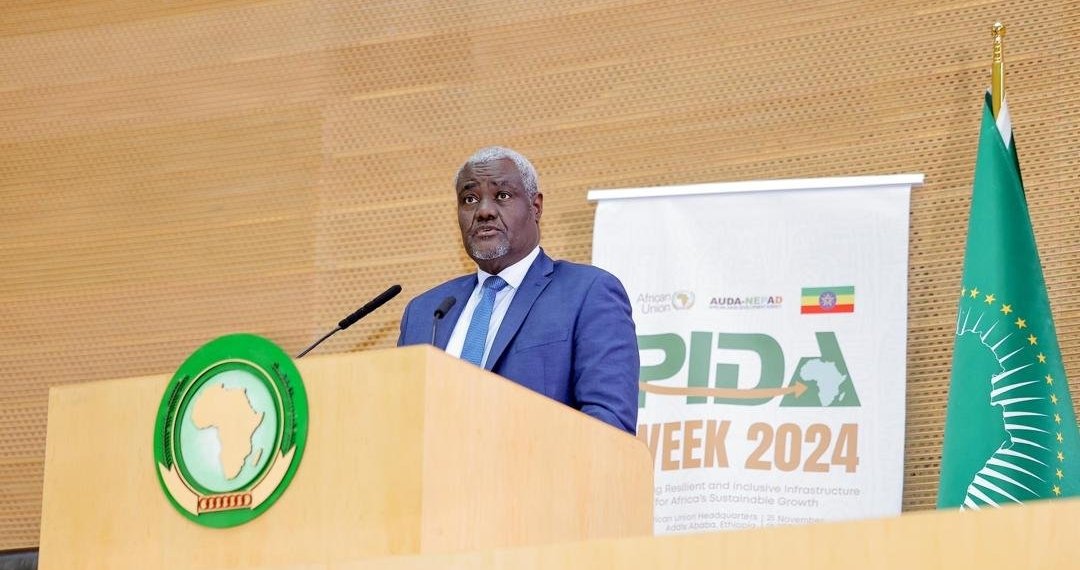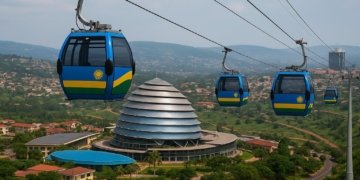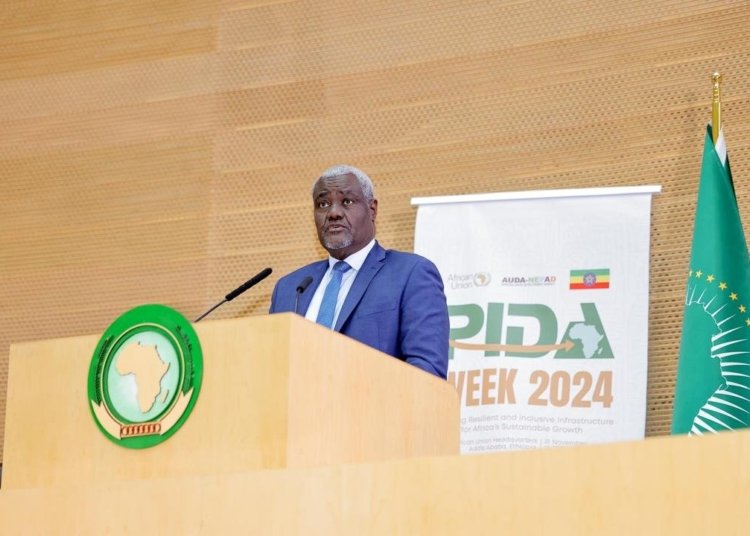Leaders Highlight Domestic Resource Mobilization, Resilience, and Regional Integration
ADDIS ABABA, Ethiopia (BG) – The Programme for Infrastructure Development in Africa (PIDA) Week 2024 officially commenced in the Ethiopian capital, Addis Ababa, on Monday, bringing together African leaders, policymakers, development partners, and stakeholders to discuss strategies for advancing the continent’s infrastructure agenda.
The initiative, launched by the African Union (AU), The New Partnership for Africa’s Development, and the African Development Bank (AfDB), aims to bridge Africa’s infrastructure deficit and foster regional integration.
Infrastructure serves as the bedrock for development in Africa, significantly contributing to economic growth, poverty reduction, and achieving sustainable development goals.
It is crucial for increased regional trade, integration, and the realisation of Africa’s long-term vision outlined in Agenda 2063 and the Africa Continental Free Trade Area (AfCFTA), according to PIDA.
Calls for Financing and Resilience
Chairperson of the African Union Commission Moussa Faki Mahamat emphasized the importance of innovative financing mechanisms to meet the continent’s infrastructure needs.
“To drive sustainable growth, we must re-establish PIDA as a symbol of resilience and impact, attracting diverse financing. By mobilizing public and private funds, including pension funds, we should prioritize climate resilience and inclusiveness,” Mahamat stated.
The US Ambassador to the African Union, Stephanie Sullivan, highlighted the importance of partnerships and investments in shaping a brighter future for the continent.
“Critical investments in infrastructure today – both physical and digital – will not only propel Africa toward this bright future but will also help shape a more prosperous and secure world for all our citizens,” she said, commending the vision behind PIDA.
Achievements and Future Directions
Amani Abou-Zeid, AU Commissioner, lauded PIDA’s role in enhancing Africa’s connectivity. “By fostering collaboration among African countries, PIDA has created a framework driving infrastructure development across Africa. Successful projects have improved road networks, power generation, water systems, and digital infrastructure,” she remarked.
Key achievements include Africa’s strategic corridors, such as the Lobito Corridor and the Trans-African Highway, facilitating regional trade and economic integration.
The continent’s 32 One-Stop Border Posts are helping to boost cross-border commerce and unlock development opportunities.
Transforming Lives Through Infrastructure
Nardos Bekele-Thomas, Chief Executive Officer of AUDA-NEPAD, emphasized the human-centered approach to infrastructure. “The ultimate purpose of PIDA goes beyond building roads and power grids. Its true value lies in transforming lives, enabling opportunities, and inspiring hope across Africa. Thus, the focus must be on empowering people, fostering industries, and fueling growth,” she said.
Germany’s contribution to PIDA Week also drew attention, with the German mission to the African Union tweeting, “Resilient infrastructure is key to Africa’s integration, trade, and sustainable growth. Germany is proud to be part of PIDA Week.”
As PIDA Week continues, stakeholders aim to align infrastructure development with Africa’s goals for sustainable growth, resilience, and regional integration, ensuring that the continent is equipped to meet future challenges and opportunities.



























